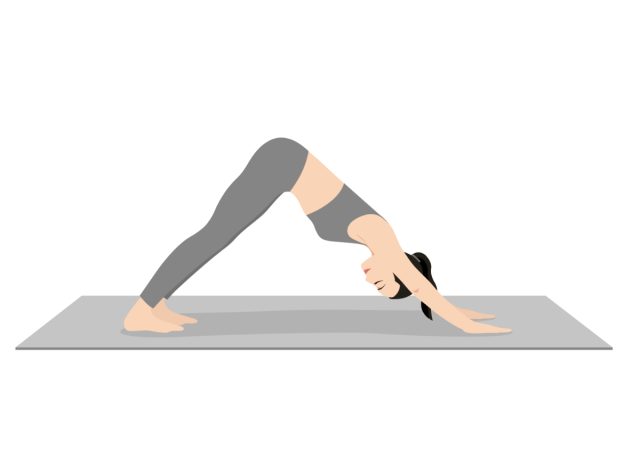Type 2 diabetes is a common condition which causes the level of sugar in your blood to become too high.
Lifestyle changes, including exercise, are some of the best weapons you can add to your arsenal of protection against dangerously high blood sugar levels.
Physical activity not only lowers your blood glucose levels, but it also boosts your body’s sensitivity to insulin, countering insulin resistance.
Insulin resistance occurs when your body’s cells don’t respond properly to insulin, leading to high blood sugar levels. However, exercise could make you more insulin sensitive, helping to manage high blood sugar levels more effectively.
Fortunately, a pharmacist has revealed the best time of day to exercise to keep your blood glucose in check.
Abbas Kanani, pharmacist Chemist Click, told Express.co.uk: “Exercising after a meal can help to lower insulin levels post meals.
“Typically, dinner is usually the heaviest meal for most people, so in theory, a post-dinner workout is beneficial for keeping blood sugar levels in check.”
While exercising after your dinner or after meals, in general, could be especially helpful, the expert explained it takes a long time to control your insulin levels through exercise. Therefore, Kanani recommended sticking to regular physical activity over a long period of time.
When it comes to the best exercise for people with diabetes, the advice is often conflicting.
In a previous interview with Express.co.uk, Dr Vishal Shah, medical director at blood testing specialist Thriva, recommended prioritising weight training for lower blood sugar.
On the other hand, a study, published in the journal Open Diabetes Research & Care, suggested that even something as simple as stair climbing could lower post-meal blood sugar levels.
Therefore, Kanani recommended finding a physical activity that works for you and your lifestyle.
He added: “Walking, yoga, swimming and dance classes can all be great for diabetes.
“It can be useful to alternate exercise types and therefore target different risk factors for diabetes, for example, doing aerobic exercises which help improve heart health one day and a brisk walk for cholesterol a few days later can be highly beneficial whilst also helping to keep you engaged with exercise.”










